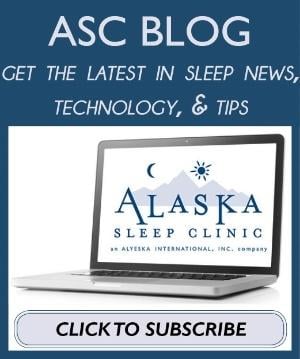t’s no wonder there are so many myths about sleep.
Modern sleep research only really began in the middle of the 20th century, with the milestone discovery of REM sleep in the 1950s.
Before that, sleep was widely regarded as a ‘passive process’ and hence, not of great interest in terms of scientific inquiry.
When it comes to real ‘facts’ about sleep, this relative lack of empirical evidence, has, over the years led to a disproportionate amount of homespun advice, folk wisdom, and old wives tales.
There are many mysteries of sleep yet to be solved. The good news is, in the last few decades, science has been able to separate a lot of fiction from fiction.
Over the last 9 days, we have been exploring some of the scientific research behind 33 of the most commonly held myths and misconceptions about sleep.

Countless theories of dreaming have been put forward over the years. These include memory consolidation, wish-fulfillment and ‘providing stimulation to the nervous system during development.
Experiments have shown that rats deprived of REM sleep will die within 2-3 weeks although most of the studies on dream deprivation in humans have been less conclusive as to the importance of REM. However, it is clear that REM sleep and dreaming play a vital part in our daily lives.
29: Natural sleep aids are risk-free
Herbal sleep remedies are a very popular choice for those who are concerned about potential dangers from taking prescribed sleeping pills. However, just because something is a natural product, it doesn’t mean there are no health considerations.
For example, valerian root has been used as a sedative since Ancient Greek times, but large doses can cause dizziness and make you feel sluggish in the morning.
More seriously however, kava kava, an traditional medicine from the Pacific Islands, which has been sold as a natural sleep aid, has been reported to be a contributing factor in cases of liver and kidney failure, resulting in a warning from the U.S. Food and Drug Administration.
The bottom line is you should always try to get advice from a health professional before taking any course of medication.
30: Over the counter sleep aids are harmless
Over-the-counter (OTC) sleeping pills are widely believed to be safer than taking prescription drugs. Generally, they have a low risk of complications and contain safe amounts of active ingredients, compared to prescribed drugs.
However, there are several OTC sleeping aids that contain powerful agents that, if taken in large quantities, could be equal in strength to prescription-only medications. As with any sleeping pill, OTC medications are generally best taken only for short period to avoid the risk of dependency and building up a drug tolerance.
Come back tomorrow to www.AlaskaSleep.com/blogs for our final sleep- myth debunking blog, and sign up for Alaska Sleep Clinic’s blog, named in the Top 5 Best Sleep-Education Websites in the World by Feedspot.com.









